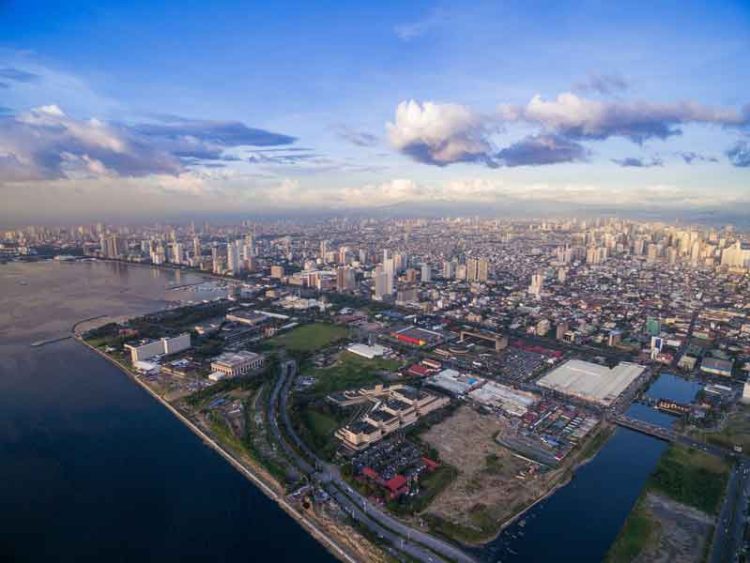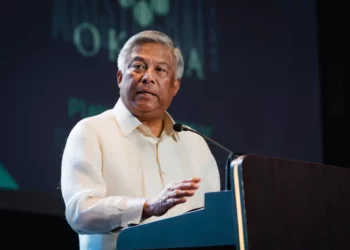The Philippines will this week learn if it has been successful in exiting a “grey list” of nations under increased monitoring by global anti-money laundering watchdog, the Financial Action Task Force’s (FATF).
The FATF will host its second plenary under the two-year Mexico Presidency of Elisa de Anda Madrazo from this Wednesday 19 to Friday 21 February in Paris, with delegates from over 200 member nations and observer networks – including the International Monetary Fund, the United Nations, the World Bank, INTERPOL and the Egmont Group of Financial Intelligence Units – set to participate.
The plenary will discuss key developments in the fight against illicit finance that fuels crime around the world, the organization explained.
“On the agenda is work to strengthen financial inclusion through a risk-based implementation of the FATF Standards, a key priority of the Mexican Presidency,” the FATF said in a statement.
“Delegates will also discuss progress made by some jurisdictions identified as presenting a risk to the financial system.”
Key outcomes from the plenary will be announced at a press conference on Friday.
The Philippines has made exiting the grey list a priority under President Ferdinand Marcos Jr, with the FATF stating as recently as October that the Southeast Asian nation had “substantially completed” an 18-point action plan and was in the midst of an on-site assessment to verify that the implementation of AML/CFT reforms had begun and was being sustained, and that the necessary political commitment remains in place to sustain implementation in the future.
Among the key reforms it said had been implemented at that time were demonstrating that supervisors are using AML/CFT (anti-money laundering/combating the financing of terrorism) controls to mitigate risks associated with casino junkets.
Philippine gaming regulator PAGCOR was one of 44 government agencies directed by President Marcos in late 2023 to take necessary actions in order to ensure the Philippines satisfied the FATF’s directions and exited the grey list.
Exiting the grey list is seen as a key driver of economic activity by making it easier for individuals and corporations to conduct cross-border transactions.



































